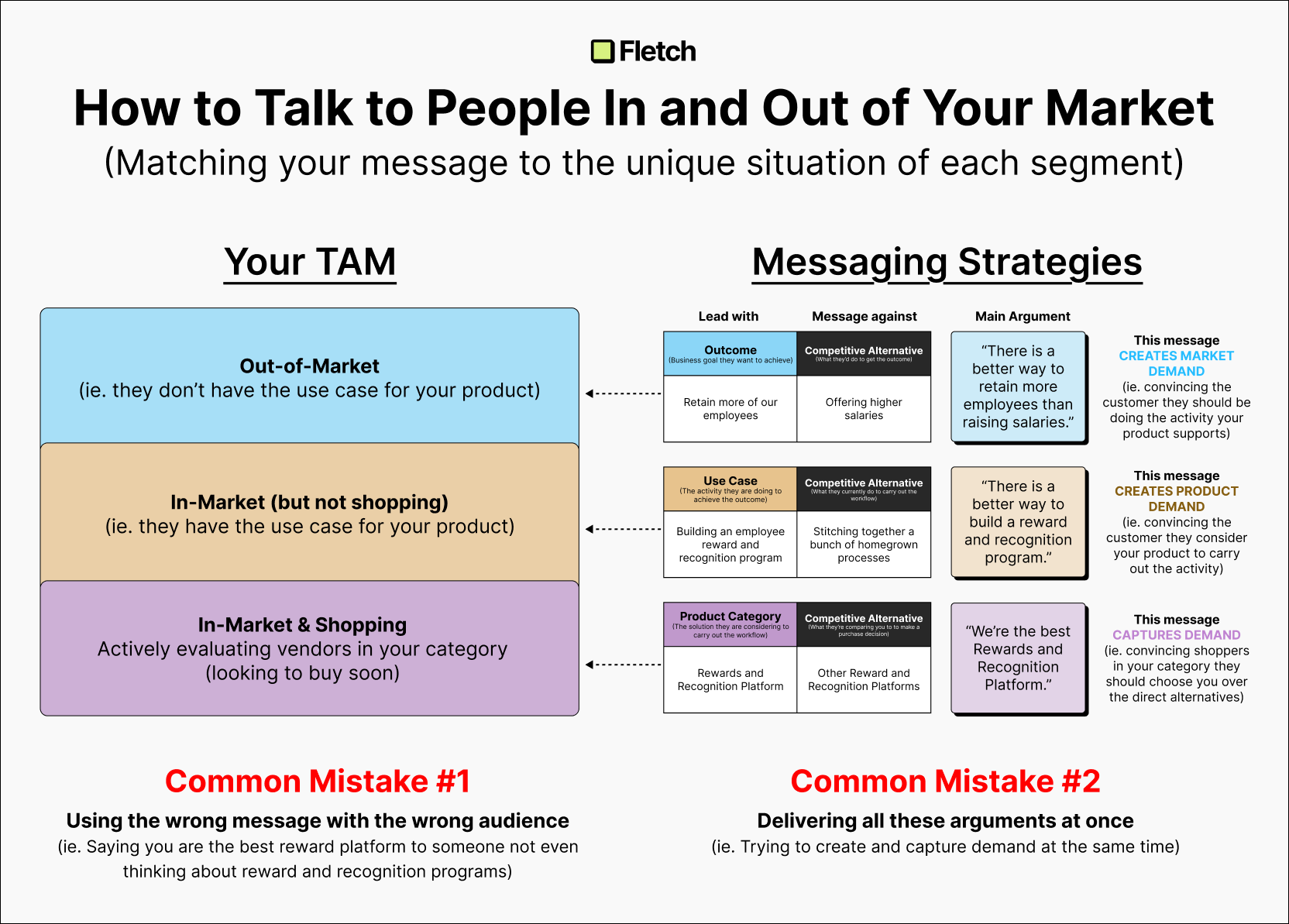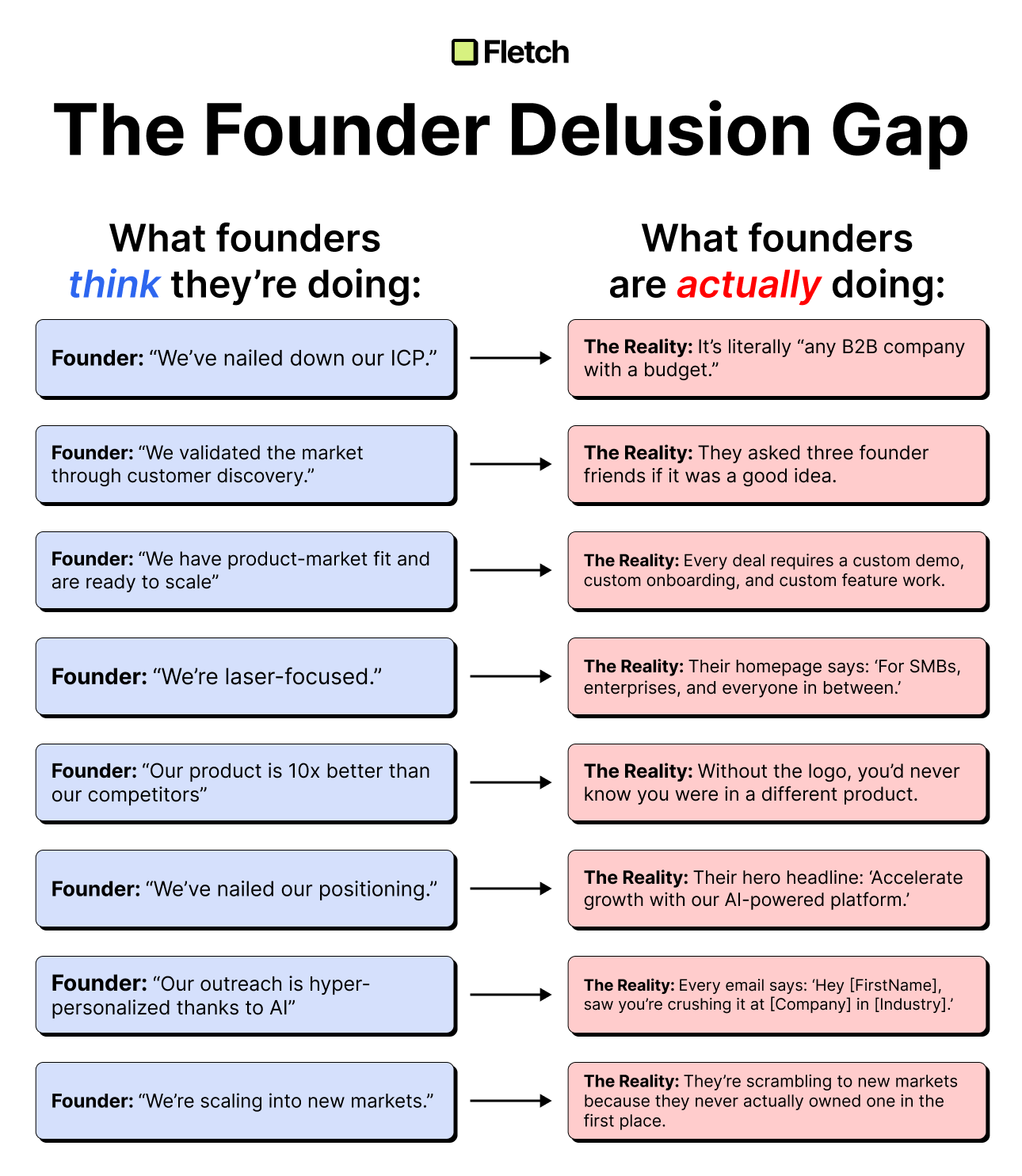Should you Create a new Product Category?


Should you create a new category? 🤔
↳ you need time, money, and a killer product 🚀
(three things most startups don't have 🥴)
Everyone wants to create a category... but is this smart?
The most common reason given for creating a category:
✅ "If we create the category, we'll OWN the market!"
But this actually obscures what's really going on.
Take spicy mustard.
The first creators of spicy mustard had a choice.
→ Should we use an existing category to describe our new sauce?
→ Or should we create an entirely new category?
If they had chosen to create a NEW category, several things would happen at once...
❌ they would essentially have to create demand for the new sauce (which requires a ton of time, marketing dollars, etc. to even generate AWARENESS).
❌ they would remove the frame of reference (existing mustard), which makes positioning the product extremely difficult
❌ they'd be asking the grocery stores to create a brand new shelf just for their new sauce — which relies on OTHER brands coming into the space and using the same new definition
Instead, they leaned into an existing category (i.e. "mustard") and created a differentiated product that would live on the EXISTING shelf.
✅ this makes positioning the product EXTREMELY simple
✅ this capitalizes on the EXISTING demand
✅ this builds on existing use cases for mustard

Ben Wilentz
Founder, Stealth Startup





